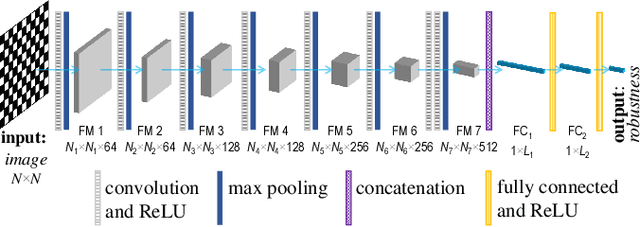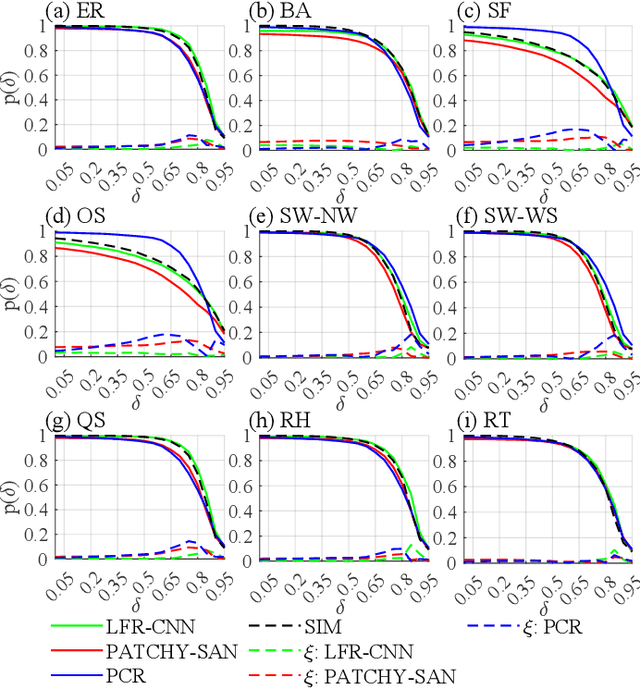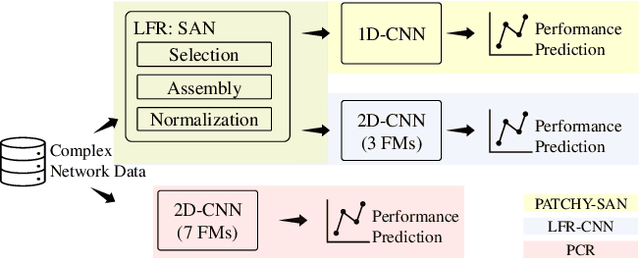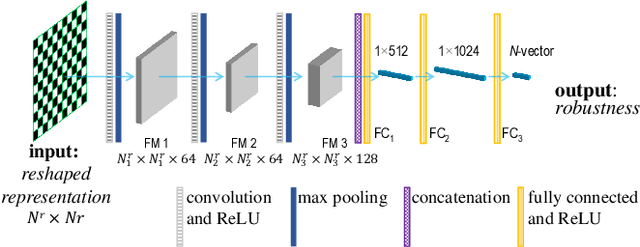A Learning Convolutional Neural Network Approach for Network Robustness Prediction
Paper and Code
Mar 20, 2022



Network robustness is critical for various societal and industrial networks again malicious attacks. In particular, connectivity robustness and controllability robustness reflect how well a networked system can maintain its connectedness and controllability against destructive attacks, which can be quantified by a sequence of values that record the remaining connectivity and controllability of the network after a sequence of node- or edge-removal attacks. Traditionally, robustness is determined by attack simulations, which are computationally very time-consuming or even practically infeasible. In this paper, an improved method for network robustness prediction is developed based on learning feature representation using convolutional neural network (LFR-CNN). In this scheme, higher-dimensional network data are compressed to lower-dimensional representations, and then passed to a CNN to perform robustness prediction. Extensive experimental studies on both synthetic and real-world networks, both directed and undirected, demonstrate that 1) the proposed LFR-CNN performs better than other two state-of-the-art prediction methods, with significantly lower prediction errors; 2) LFR-CNN is insensitive to the variation of the network size, which significantly extends its applicability; 3) although LFR-CNN needs more time to perform feature learning, it can achieve accurate prediction faster than attack simulations; 4) LFR-CNN not only can accurately predict network robustness, but also provides a good indicator for connectivity robustness, better than the classical spectral measures.
 Add to Chrome
Add to Chrome Add to Firefox
Add to Firefox Add to Edge
Add to Edge